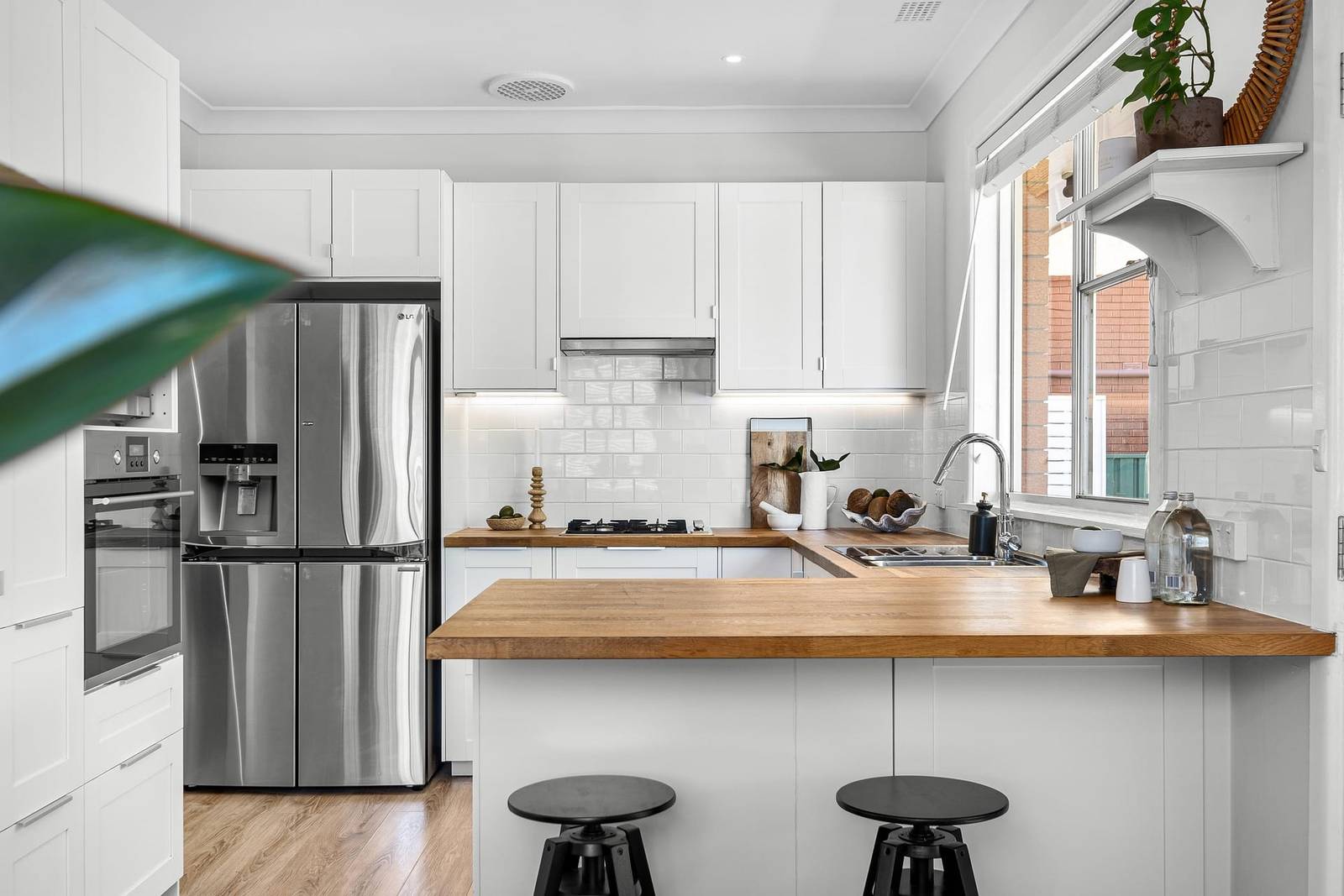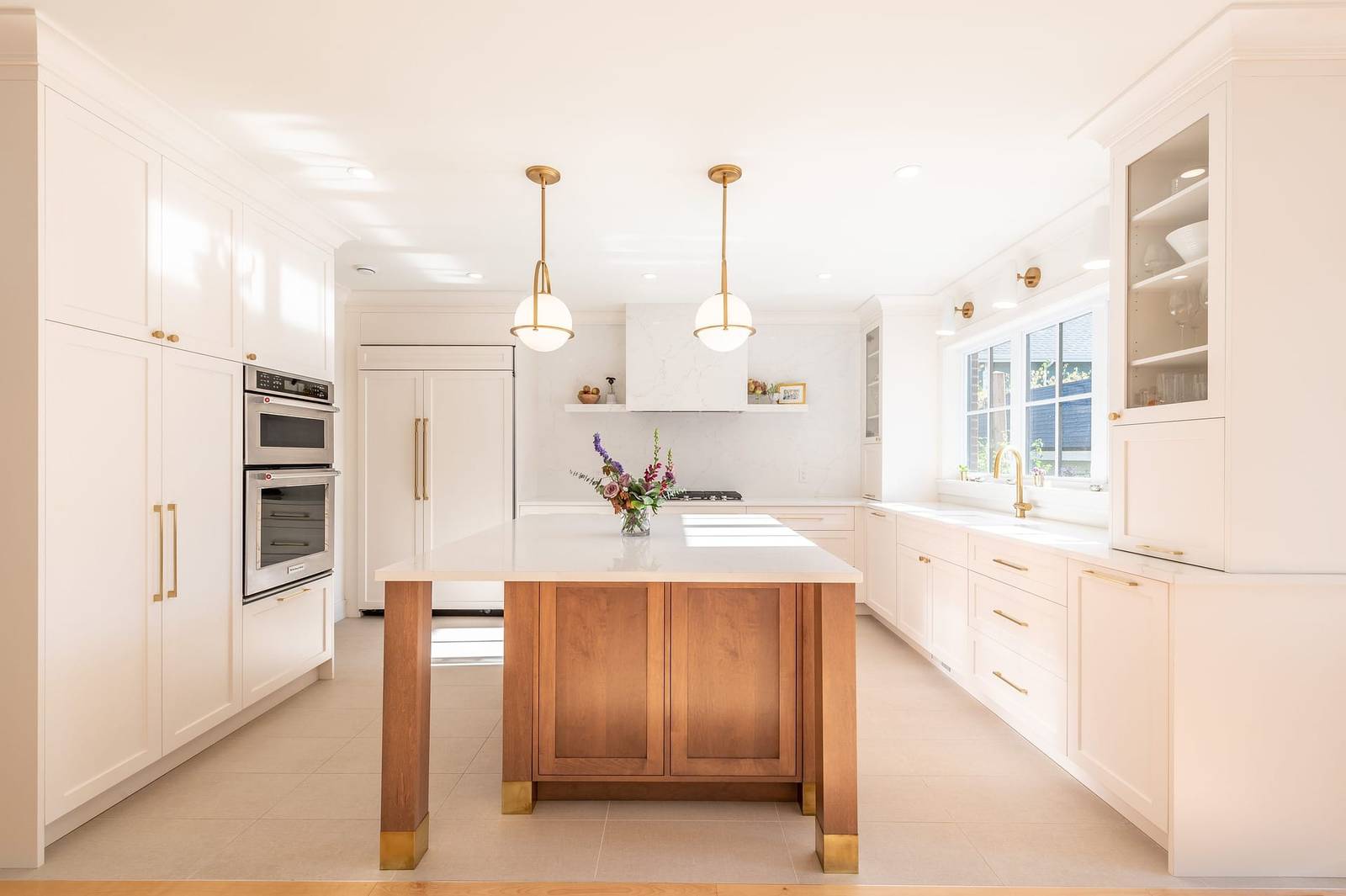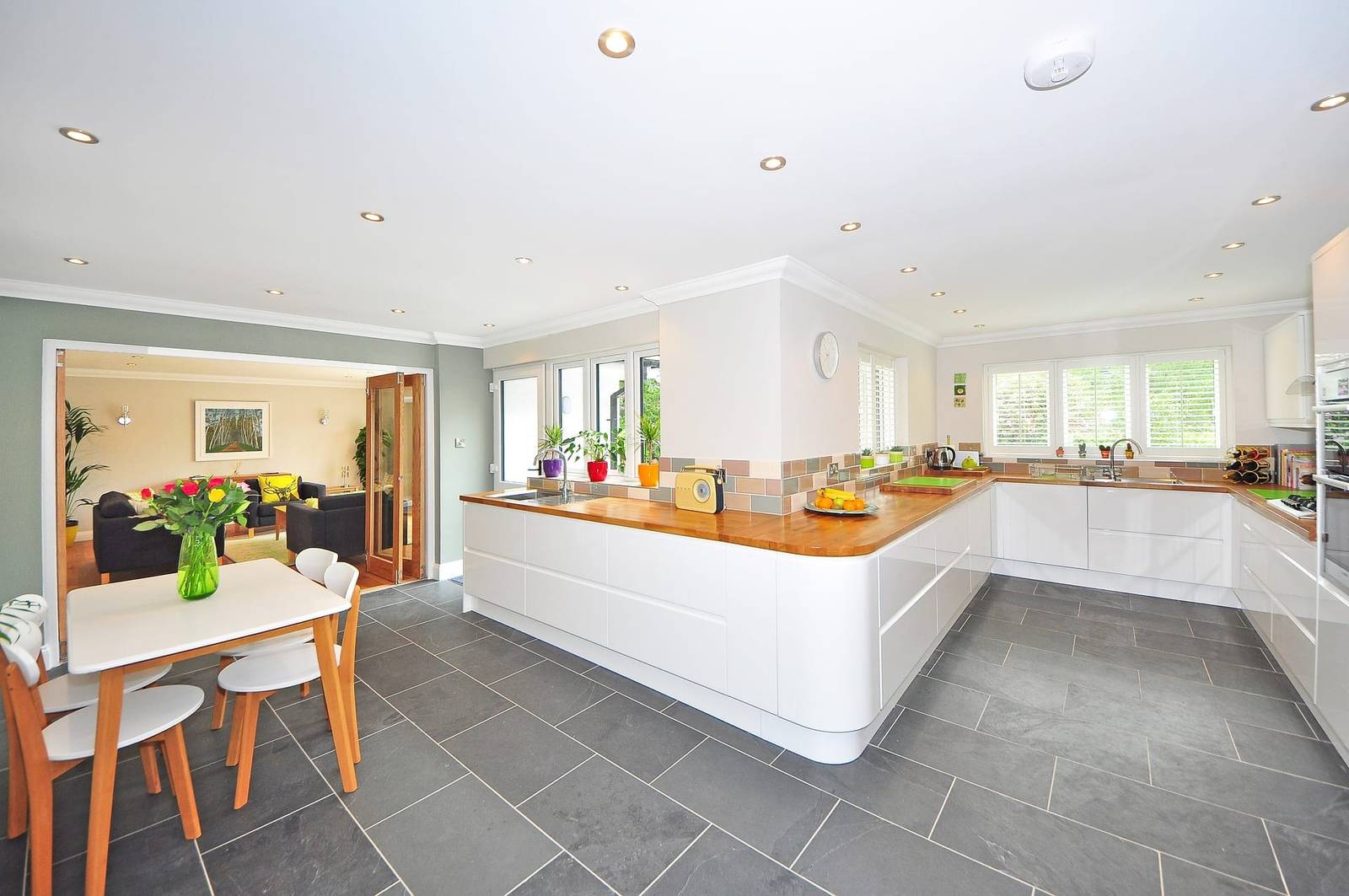
Seasonal planting in Dubai requires careful planning due to the city’s unique climate. With the right strategy, your Dubai villa garden can thrive year-round. This blog will explore how to successfully implement seasonal planting for Dubai, focusing on plant selection, timing, and maintaining a vibrant garden throughout the year.
Understanding Dubai’s Climate| Seasonal Planting for Dubai
Dubai’s desert climate means high temperatures and limited rainfall. Therefore, planning your garden around the seasons is crucial. The growing season typically falls between November and April when temperatures are cooler. During the hot summer months, your garden may need extra care. By aligning your garden with the seasons, you can maximize plant growth and maintain a lush garden year-round.
Why Seasonal Planting is Important| Seasonal Planting for Dubai
Incorporating seasonal planting for Dubai villas ensures that your garden remains attractive and healthy, no matter the time of year. Planting at the right time allows you to take advantage of favorable conditions. Additionally, seasonal planting helps conserve water, a key concern in Dubai. When plants grow naturally in their best season, they require less water and maintenance, making your garden more sustainable.
Choosing the Right Plants for Each Season| Seasonal Planting for Dubai
One of the main factors in seasonal planting for Dubai is selecting plants that thrive in the current weather. Here’s a breakdown of the ideal plants for different seasons:
- Winter (November to February): This is the best time for most plants in Dubai. Consider cool-season vegetables like lettuce, spinach, and herbs such as mint. Flowering plants like petunias, marigolds, and geraniums also thrive during this period.
- Spring (March to April): During spring, the weather starts to warm up, but many plants still flourish. Bougainvillea and frangipani are great options for flowering shrubs, while vegetables like tomatoes and cucumbers grow well in spring.
- Summer (May to September): The scorching summer heat requires hardy plants. Consider drought-tolerant species such as succulents and cacti. Date palms, oleander, and lantana are other heat-tolerant options.
- Fall (October to November): As temperatures cool, you can start planting again. Herbs like basil and thyme flourish during this season, along with flowers like sunflowers and marigolds.
Creating a Seasonal Planting Calendar| Seasonal Planting for Dubai
A well-organized planting calendar helps you stay on top of your garden’s needs. To successfully execute seasonal planting for Dubai, you need to know when to plant, water, and prune. Here’s a guide:
- Winter: Start planting in early November. This is the ideal time for vegetables and flowers that prefer cooler temperatures. Regular watering is essential, but be cautious not to overwater.
- Spring: By March, focus on warm-weather crops and prepare for the heat. Consider adding mulch to help the soil retain moisture.
- Summer: In summer, prioritize plant care over new planting. Make sure to use shade structures or nets to protect plants from the sun.
- Fall: Replenish the soil with nutrients after the summer. Prepare the garden for a new planting cycle in November.
Watering and Irrigation Strategies
Water is a critical resource in Dubai, making efficient irrigation vital. Seasonal planting for Dubai should go hand-in-hand with water conservation techniques. Here are some ways to optimize your watering:
- Drip Irrigation: A drip irrigation system can help you deliver water directly to the roots, reducing evaporation and water waste.
- Watering Times: The best time to water is early in the morning or late in the evening when temperatures are cooler. This reduces water loss through evaporation.
- Drought-Tolerant Plants: For summer months, drought-resistant plants can significantly reduce your water usage.
Maintaining Your Garden Year-Round
The key to keeping your garden flourishing through the year is maintenance. Seasonal pruning, fertilizing, and mulching are essential. Prune back overgrown plants in early spring to promote healthy growth, and use organic mulch to protect the soil from Dubai’s intense heat. Additionally, check for pests and diseases regularly, particularly during the more temperate winter months when plants are in their prime.
Sustainable Planting Practices
To ensure long-term success with seasonal planting for Dubai, it’s important to consider sustainability. Choose native plants that are adapted to Dubai’s environment, as they require less water and are more resilient to the local climate. You can also implement composting to reduce waste and enrich your garden’s soil.
Conclusion
Mastering seasonal planting for Dubai villa gardens is key to maintaining a vibrant outdoor space all year long. By understanding the climate, choosing the right plants for each season, and implementing smart watering strategies, you can create a stunning and sustainable garden. Whether you’re planning for the winter bloom or preparing your garden to withstand the summer heat, seasonal planting offers a practical solution for gardeners in Dubai.
For more tips on creating the perfect garden for your villa, visit KLG Tech Services, where we specialize in villa landscaping tailored to Dubai’s unique environment.



